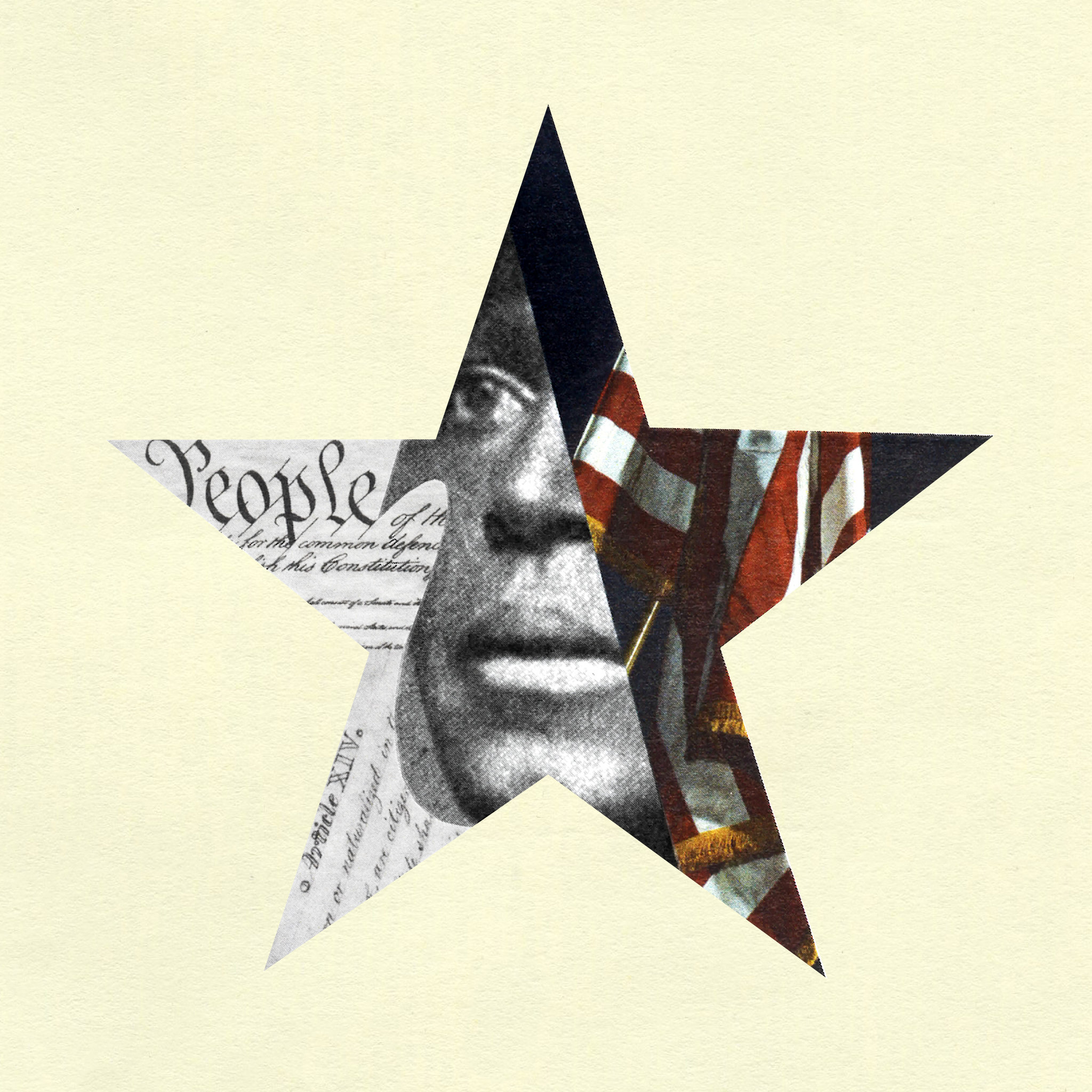- Joined
- Apr 16, 2025
- Messages
- 1,181
- Reaction score
- 157
- Gender
- Male
- Political Leaning
- Libertarian
Rediscovering the Preamble’s Role in Constitutional Interpretation
This article explores how the Preamble to the Constitution (Preamble) would have been viewed when it was drafted by looking at how preambles were used in America in the seventeenth and eighteenth centuries. It offers the first comprehensive look at how preambles were viewed by lawyers, judges, politicians, and the public in the years before the Constitution was ratified. It demonstrates that courts’ modern treatment of the Preamble is at odds with its original meaning. Eighteenth-century Americans viewed the Preamble as an important tool for understanding and interpreting the Constitution. They would have expected courts to interpret the Constitution’s terms to be consistent with the purposes expressed in the Preamble. Moreover, there is evidence from both judicial decisions and public discourse that members of the public would have expected the Preamble to be used to limit or expand the scope of specific terms of the Constitution if that was necessary to achieve the purposes set out in the Preamble. This means that the way that courts use the Preamble today is at odds with its original meaning. To give the Constitution its original meaning, we must interpret the Constitution’s provisions in light of the purposes identified in the Preamble. For those judges and scholars who are originalists, this may require a shift in how they interpret the Constitution.
Preambles Before the Preamble: Rediscovering the Preamble’s Role in Constitutional Interpretation
This article explores how the Preamble to the Constitution (Preamble) would have been viewed when it was drafted by looking at how preambles were used in America in the seventeenth and eighteenth centuries. It offers the first comprehensive look at how preambles were viewed by lawyers, judges...


